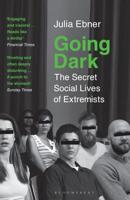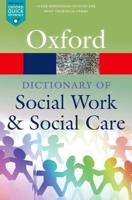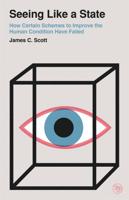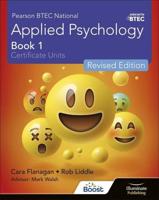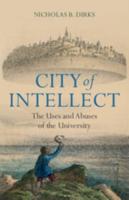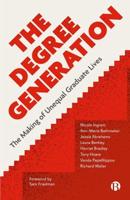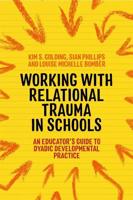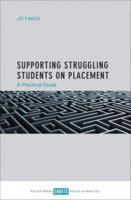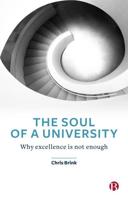Publisher's Synopsis
At Auburn University, in Alabama, students may take part in a summer-long embedded community experience called "Living Democracy." This project has its roots in higher education's long history of civic engagement, but it takes a different perspective than traditional service learning programs. Rather than pose the question, "What does your community need?" the project organizers asked, "What could a student learn about democratic civic engagement while living in your community for ten weeks over the summer?"
In Living Democracy: Communities as Classrooms, Students as Citizens, authors Mark Wilson, Director of Civic Learning Initiatives in the College of Liberal Arts at Auburn, and Nan Fairley, Associate Professor of Journalism, describe the inception of the Living Democracy program and the work of students and community members who have made, and continue to make, the Living Democracy journey with them. Chapter One provides context for higher education. Chapter Two summarizes the project, including the opportunities and expectations of students as they participate. Chapter Three looks at the importance of relationships, both harmonious and contentious. Chapter Four illustrates the real-world challenges citizens face, and the ways in which students have an opportunity to experience the tension of tough decisions. Chapter Five discusses what students report as the benefits of the living-learning experience in communities. In concluding the book, an alumna of the program reflects on her experience in Living Democracy: "Life in real time makes one of the best classrooms. Sending young, eager college students to poke around in a community allows for self-reflection on the part of communities. This allows for conversation and collaboration in new and creative ways. Students, in turn, learn the power (and messiness) of community residents working together as they build projects with others."About the Kettering Foundation
The Kettering Foundation is a nonpartisan, nonprofit operating foundation rooted in the American tradition of cooperative research. Kettering's primary research question is: What does it take to make democracy work as it should? Kettering's research is distinctive because it is conducted from the perspective of citizens and focuses on what people can do collectively to address problems affecting their lives, their communities, and their nation. For more information about Kettering research and publications, see the Kettering Foundation's website at www.kettering.org.

